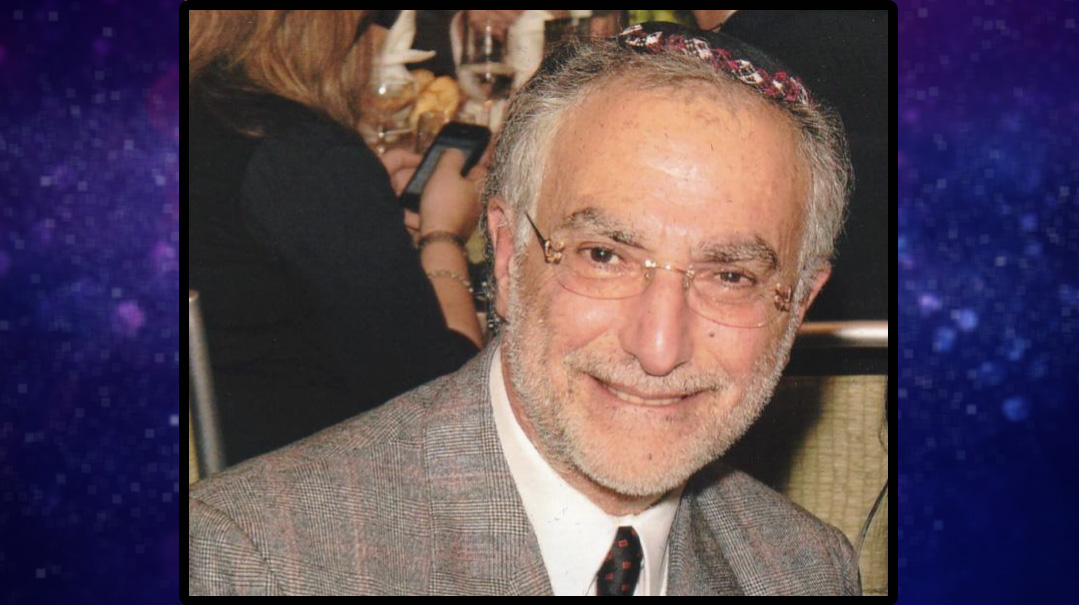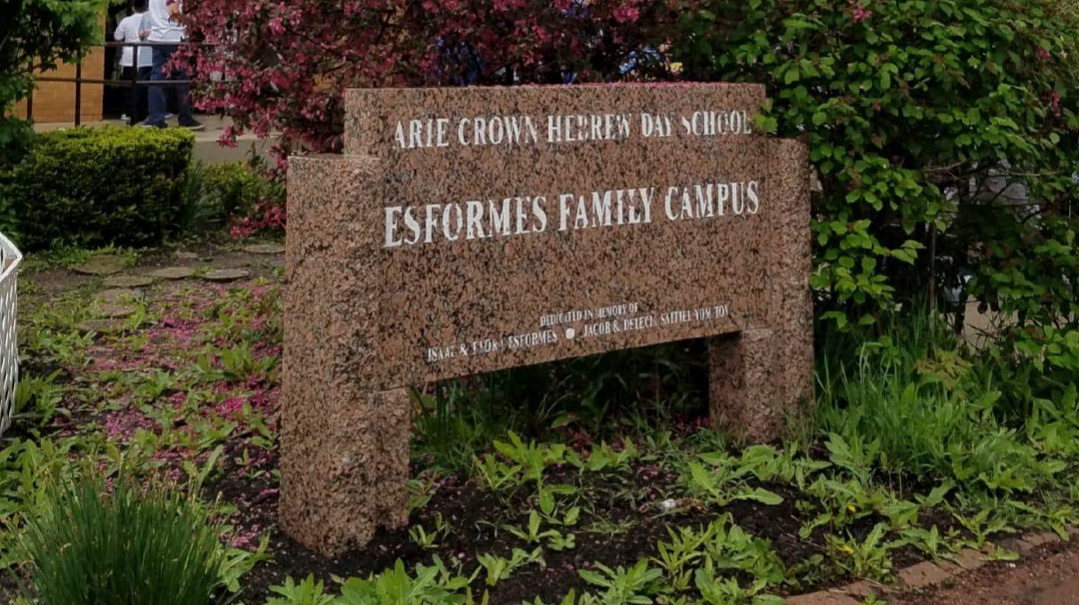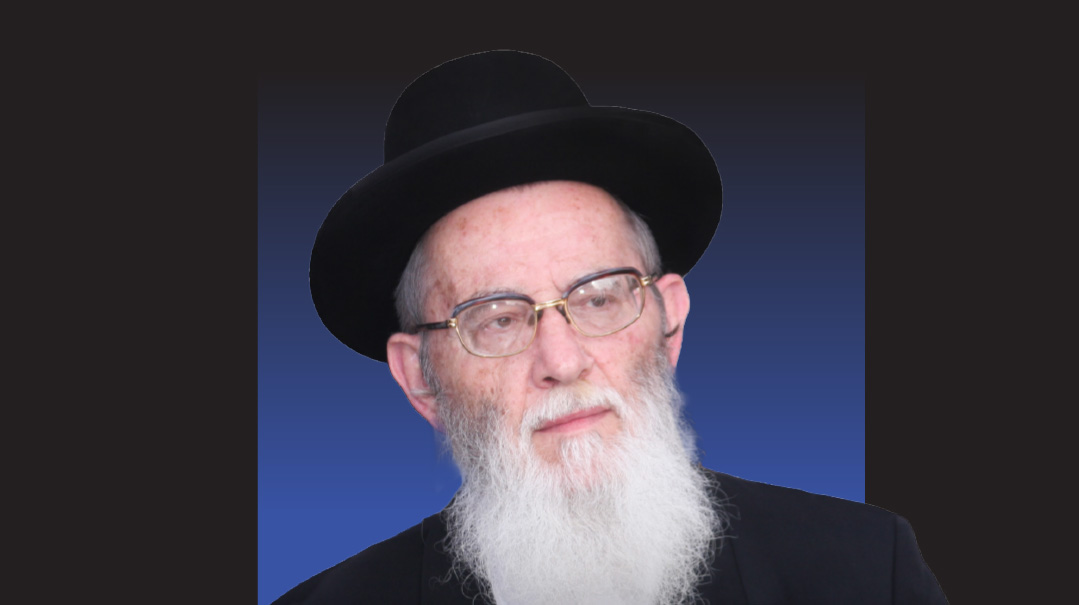Life of Answers

“People would come into his office with shoulders slumped and leave with their head held high”

Photo: Arie Crown Hebrew Day School Dinner
T
he Chicago community was rocked once again by the sudden passing of Rabbi Moshe Yitzchak (Morris) Esformes. The community has been left reeling as their pillars of tzedakah, chesed, and Torah have been cut down, with this loss being preceded in recent months by the passing of Rav Shmuel Yehuda Levin, the Telshe rosh yeshivah; the petirah of Rabbi Yaakov Rajchenbach, legendary philanthropist and baal chesed; and the loss last week of Rabbi Reuven Gross, rav of Congregation Shaarei Tzedek Mishkan Yair in West Rogers Park.
Reb Morris Esformes was an extremely special individual, and that manifested itself in the way he dressed, in the way he acted, and in the way he dreamed. He was a visionary who took the city of Chicago to new levels. He believed in chinuch and he acted on that belief, supporting yeshivos and schools, kollelim, and shuls. There isn’t a mosad in Chicago that didn’t benefit from his support in one way or another.
His philanthropy wasn’t limited to Chicago. He built yeshivos and shuls in Eretz Yisrael. He was good to his friends, and supported them in their dreams and aspirations; many of the buildings in Yerushalayim with his name on them have their foundation in a friendship with Reb Morris. He learned in Kerem B’Yavneh for one year and later dedicated seven buildings of to the yeshivah.
He raised the bar on giving tzedakah to mosdos, pushing himself and others to maximize their abilities in supporting and building Torah, chinuch, and chesed. When a young rosh kollel passed away, Reb Morris singlehandedly supported the kollel for 15 years until the rosh kollel’s son was old enough to take his father’s place. No one ever knew about it; it was all done with no fanfare or publicity. And just several months ago, he donated millions to the Chofetz Chaim affiliate in Florida.
He loved Jews of all stripes, and viewed all Yidden as one big family. He gave enthusiastically and with a full heart to every Jew in need, to every shul and school and organization who reached out, looking out for the yechidim as well as the rabim. But his giving wasn’t restricted to money; he knew how to build people up with words of encouragement.
“People would come into his office with shoulders slumped and leave with their head held high,” says Rabbi Raccah of Chicago’s Ohel Shalom Torah Center.
He taught others how to give by example. He founded and supported a soup kitchen in Jerusalem; when he visited, he donned an apron and served soup with the best of them. He leased cars for dozens of families in Chicago for years on end.

AS a child growing up, he saw a personal example of sacrifice for Torah. His parents, Yechiel and Rivka Esformes, would wash dishes and do other such tasks in order to send their Moshe Yitzchak to learn in yeshivah.
He began his career as a rebbi in the Arie Crown Hebrew Day School, and his levayah Thursday night was held in the adjoining Ida Crown High School that he helped build, where his journey came full circle.
At the levayah, one of the maspidim repeated what Rav Shach ztz”l said to his grandchild: “Don’t ask me for a brachah. Ask Reb Moshe Yitzchak — he has so many tremendous zechusim.” He then proceeded to write a letter saying as much to Reb Morris, who kept the precious correspondence safe in a drawer all these years.
Rav Yitzchak Levin, executive director of Telshe Yeshivah, was maspid Reb Morris as well. “Several months ago, I stood here being maspid my brother, the rosh yeshivah, Rav Shmuel Yehuda. Today, I am maspid my other brother,” he said.
When Rav Avraham Chaim Levin called his son back from Eretz Yisrael to return to Chicago and Telshe, Reb Morris promised Rav Yitzchak he’d have his back. “And he did, for over 20 years,” Rav Levin said. “Reb Morris was the main reason that the city of Chicago is the makom Torah it is today.”
He didn’t just support Telshe; he learned there every single night, and not quietly in the back either, but loudly, with a bren. They called him the “mashgiach of night seder.”
He was famous for saying, “A man’s job is never finished. There is no finish line.” And he personified this with his tireless devotion to so many causes.
Throughout it all, his family remained his main priority, consistently throughout the years. He retained close relationships with his children, Reb Yechiel, an accomplished talmid chacham; his daughters Rivkie Bass and Rachel Chavin; and his sister, Flora Weiss; as well as her son, Reb Avrum; and all of his grandchildren, nieces, nephews, and cousins.
“He would say ‘The only One you need to answer to is your Maker,’ ” shares his daughter Rivkie.
When faced with a challenging situation, he would look around and say, “If I can’t fix this, what will I tell my Creator?”
We know he has so much to answer now.
May he be a meilitz yosher for his family, the Chicago community, and all of Klal Yisrael.
Yehi zichro baruch.
(Originally featured in Mishpacha, Issue 943)
Oops! We could not locate your form.







